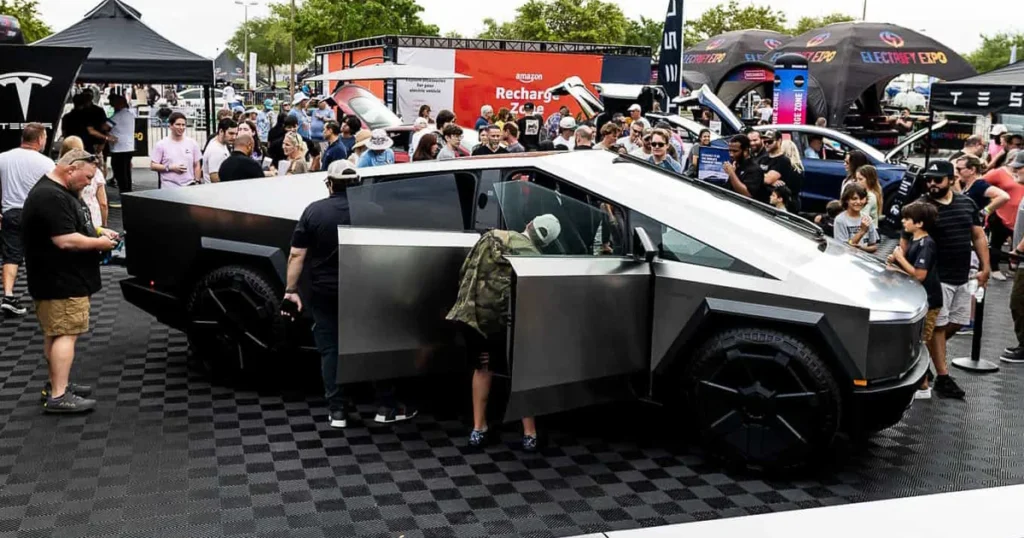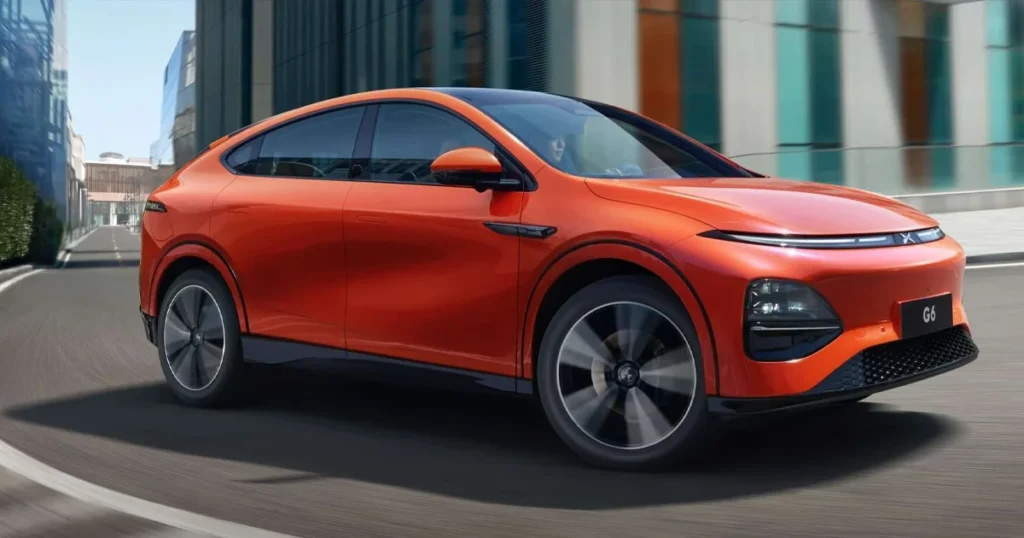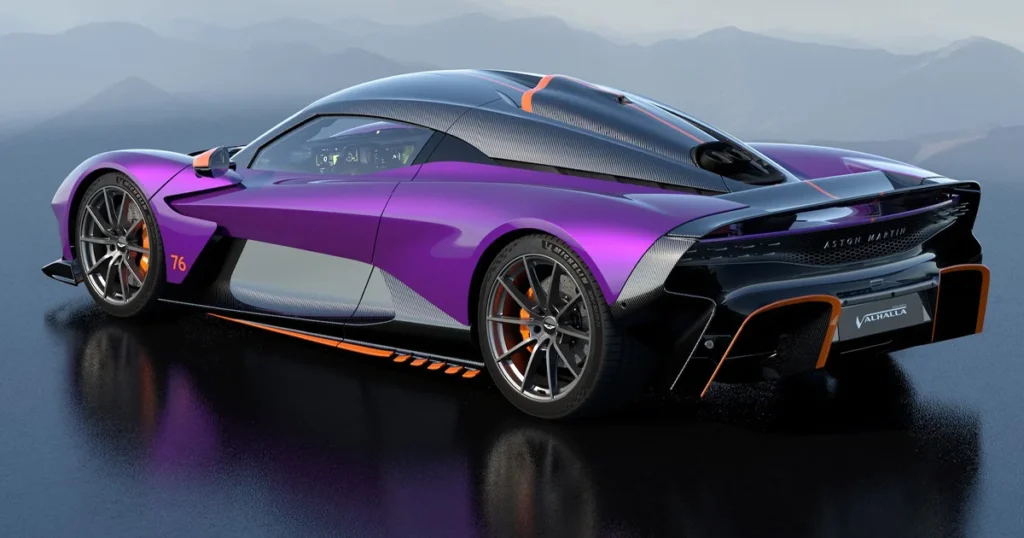How AI and Automation Are Revolutionizing the Car Manufacturing Industry
The automotive manufacturing industry is going through an enormous transformation fueled through artificial technology (AI) and automated. As the world prepares for the Fourth Industrial Revolution, automotive companies are increasingly incorporating AI as well as automation in their processes, which results in more efficient factories as well as more efficient operations and innovative designs for vehicles. The article we’ll look at the ways in which AI as well as automation is changing the manufacturing of cars and will focus on the key developments, trends and the advantages that these developments provide to consumers, manufacturers as well as the general industry.
The Rise of AI and Automation in Car Manufacturing
The use of AI and automation in automobile manufacturing isn’t a new technology. It started in the latter part of the 20th century when the development of robotic arms that could handle repetitive tasks like welding or painting. However, the size and sophistication of AI and automation technology have increased exponentially over the last few times, allowing manufacturers to increase the efficiency and quality of their production lines.
AI-driven automation is the use of smart machines and software to complete tasks that normally require human effort. This integration is helping automakers to streamline their operations and reduce human error and improve the overall experience for customers. Utilizing AI techniques like machine learning (ML) computer vision as well as deep learning companies can make better choices and improve the timeline for production and also achieve greater levels of personalization.
The Benefits of AI and Automation in the Car Manufacturing Industry
1. Increased Efficiency and Reduced Costs
The main benefits that comes from AI or automation within vehicle manufacturing is the huge improvement in efficiency of production. Robots, machines and AI algorithms operate all day long, completing tasks more efficiently and with greater accuracy than human beings. This results in reduced production times as well as lower costs. For instance automated assembly lines could improve the speed of production for vehicles by optimizing workflows, and eliminate bottlenecks.
Along with efficiency, systems powered by AI also identify and address potential issues before they happen. For example, AI algorithms can analyze the data collected by sensors and find patterns that signal the possibility of a malfunctioning machine or component wearing. Through pre-planned maintenance, companies can reduce the cost of downtime and ensure that their production lines are operational continuously.
2. Improved Quality Control
When manufacturing is traditional, quality assurance typically involves manual inspections by workers. This is time-consuming and susceptible to errors. By utilizing AI or computer vision manufacturers can instead create automatic quality assurance systems which identify flaws with incredible precision.
AI algorithms analyze information from cameras and sensors to identify imperfections in paint, such as scratches and misalignments as well as any other issues with quality. This means that only vehicles that meet most stringent standards are removed from the manufacturing line, decreasing the possibility of recalls that cost a lot of money and increasing the level of satisfaction among customers.
3. Personalization and Customization
The auto industry has witnessed increasing demand for personal automobiles. People are seeking vehicles that reflect their personal preferences and tastes including color and interior attributes to the latest technology and specifications. Automation and AI make it easier for car manufacturers to meet this demand, allowing for greater possibilities for customization.
For instance AI-powered design tools could aid engineers to quickly create designs based on customers’ preferences. Automated systems then create the designs that are custom-made with no human involvement. This lets manufacturers offer an array of vehicles while ensuring the cost effectiveness.
In addition, AI can be used to enhance the supply chain by anticipating demand from customers for specific colors, features or models. This approach is based on data and allows manufacturers to simplify inventory management to reduce waste, as well as make sure that the correct components are readily available at the time of need.
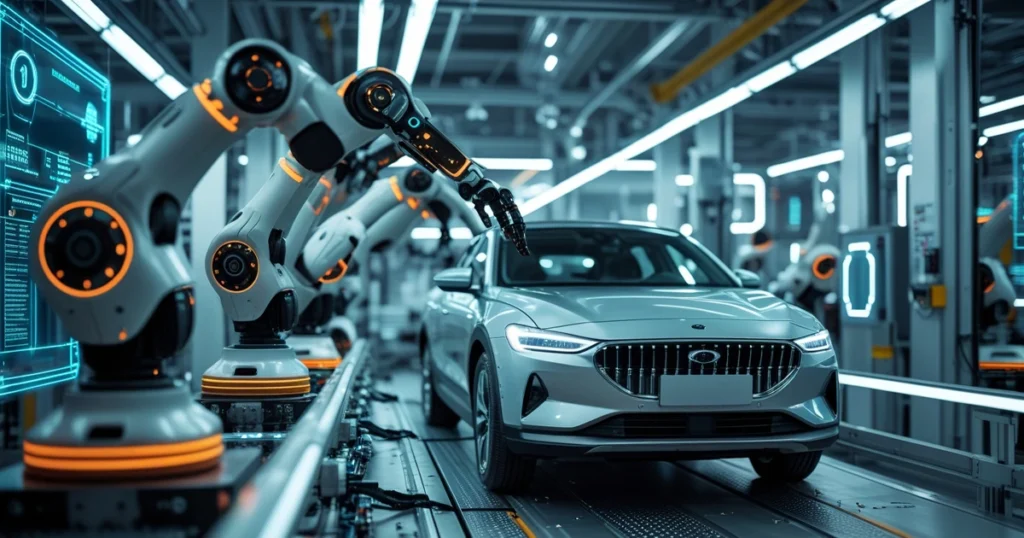
4. Enhanced Safety and Precision
Robotics and AI are a significant contributor to the safety of factories. Robotic arms can be used to carry out dangerous tasks like welding and heavy lifting and handling dangerous materials, while keeping humans safe from harm’s way. Through automation of these jobs, manufacturers are able to lower the chance of workplace accidents, and enhance the overall safety of workers.
Additionally, AI is improving precision in the assembly of vehicles. Automated systems can move parts with astonishing precision, which means that they can ensure that components are perfectly matched. This level of precision is vital to ensure the security and reliability of vehicles, particularly when more advanced technologies, like automated driving, are integrated into modern vehicles.
5. Autonomous Vehicles and AI Integration
The most interesting developments in the automobile industry is the rapid growth of autonomous automobiles. Artificial Intelligence and Automation are the driving force behind this revolutionary change. Autonomous vehicles use the combination that includes computer vision and machine learning along with real-time data processing in order to determine their location and make driving decisions with no human intervention.
AI plays a key part in enabling autonomous vehicles comprehend their surroundings. Cameras, sensors and radar systems collect information about the environment of the vehicle and the AI algorithms analyze to identify obstructions, recognize signs of movement, and take instantaneous decisions. These advances could reduce accidents in traffic, increase the efficiency of vehicles, and eventually alter how we think about transportation.
Although fully autonomous vehicles are being developed, the major auto companies like Tesla, Ford, and Waymo are currently testing and using semi-autonomous technologies including driver assist systems to improve the safety of vehicles.
The Role of AI in Supply Chain and Logistics
Automation and AI aren’t restricted to production lines; They are revolutionizing logistics and supply chain in the manufacturing of cars. Controlling the supply of components, raw materials, and finished goods is a complicated process that requires coordination among various stakeholder groups. AI-powered tools aid in this process by providing live information on the status of inventory, delivery times and forecasts of demand.
For instance, AI algorithms can predict disruptions in the supply chain like delays in shipments of material or shortages of particular components which allows companies to make proactive measures to overcome these issues. Furthermore, AI can help optimize the delivery routes and schedules, which can reduce the cost of transportation and increase performance of supply chain networks.
Industry Leaders and Innovations in AI and Automation
Several automakers are at the forefront of making use of AI and automation techniques to revolutionize the way they manufacture. Companies such as BMW, Mercedes-Benz as well as Volkswagen already have adopted automation and AI to enhance their production lines, increase the quality of their products, and launch new models more quickly.
BMW for instance, has integrated AI and robotics within its manufacturing facilities to improve production efficiency and enhance the quality of its products. In the Spartanburg, South Carolina, manufacturing facility, BMW uses AI-powered systems to monitor manufacturing processes, making sure that each vehicle meets BMW’s stringent quality requirements.
Mercedes-Benz uses to create AI-based cars. Mercedes-Benz has integrated robotics powered by AI into production lines to minimize human error and increase efficiency and accuracy of assembly. The firm’s factory 56 located in Germany is among the most advanced automotive manufacturing facilities around the globe which has automation and AI essential to its production processes.
Volkswagen additionally taken on AI as well as automation within its manufacturing factories. The company has implemented AI-powered systems that optimize supply chains and decrease the amount of waste generated by its manufacturing processes. Additionally, Volkswagen is exploring the possibilities of autonomous vehicles and AI integration into the future products of Volkswagen.
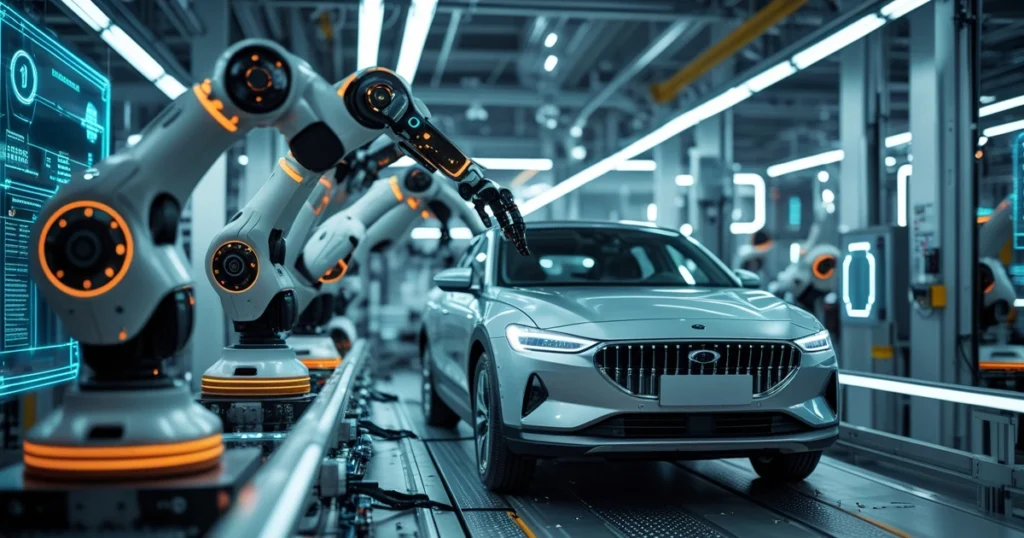
The Future of AI and Automation in Car Manufacturing
When AI and automation technology continues to develop their influence on auto manufacturing industry will only get larger. Incorporation with five-G network technology, advanced robotics as well as machines learning will further boost capability in AI systems, allowing manufacturers to reach even higher levels of efficiency and precision.
The development of smart factories that use AI, IoT (Internet of Things) and robotics to develop high-efficiency and flexible manufacturing processes, will play a crucial roles for the development of automobile manufacturing. These factories AI helps manufacturers adjust quickly to market requirements, cut manufacturing costs, and increase the quality of products.
Additionally, AI-powered simulations and digital twins will allow manufacturers to validate and enhance design concepts before they are constructed. This will enable quicker prototyping and development costs, and creative design concepts for vehicles.
Conclusion
Automation and AI are transforming the automotive manufacturing industry by enabling higher efficiency, enhancing product quality, and providing more customized cars. As these technologies continue to develop the possibilities for innovation in the automobile sector is endless. The trend toward intelligent factories, autonomous vehicles as well as AI-driven supply chain chains are altering the way that cars are created made, produced, and shipped to customers.
For companies, adopting AI as well as automation has become more than a matter of choice but a requirement. Companies that can successfully incorporate the latest technologies in their business will be better placed to compete in the rapidly changing automobile market and meet the increasing demand of customers for safer, smarter and more environmentally friendly automobiles.
Staying on the cutting edge with AI and robotics, the auto manufacturing industry will continue to lead the way in innovation and redefine the future of transportation.
for more visit Mavllxuxury



